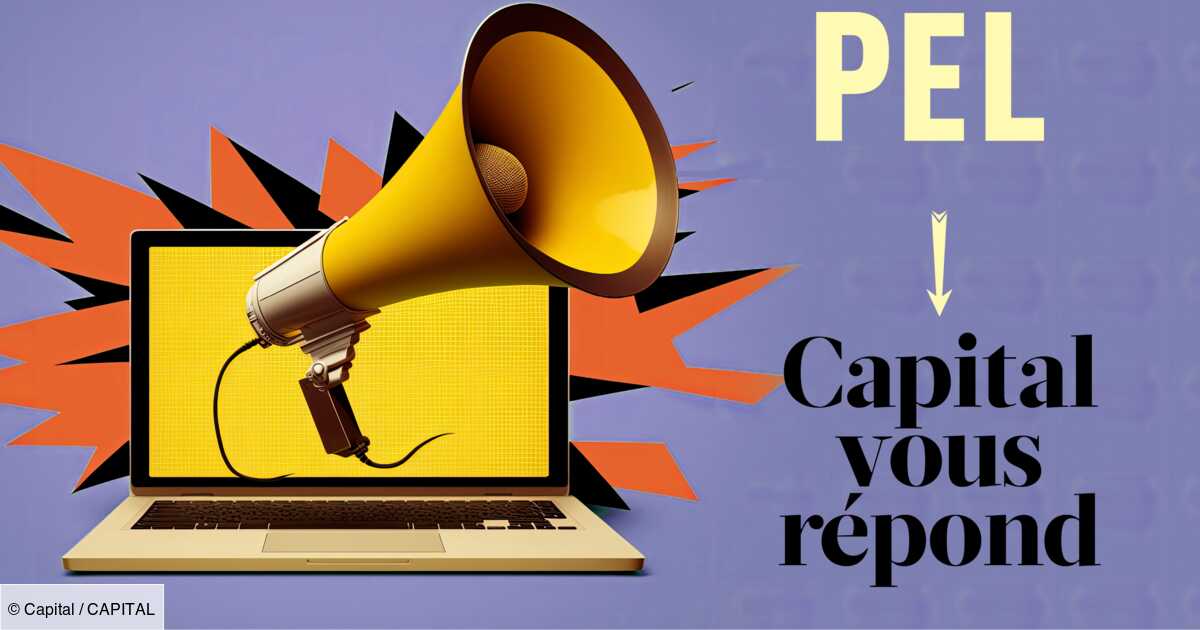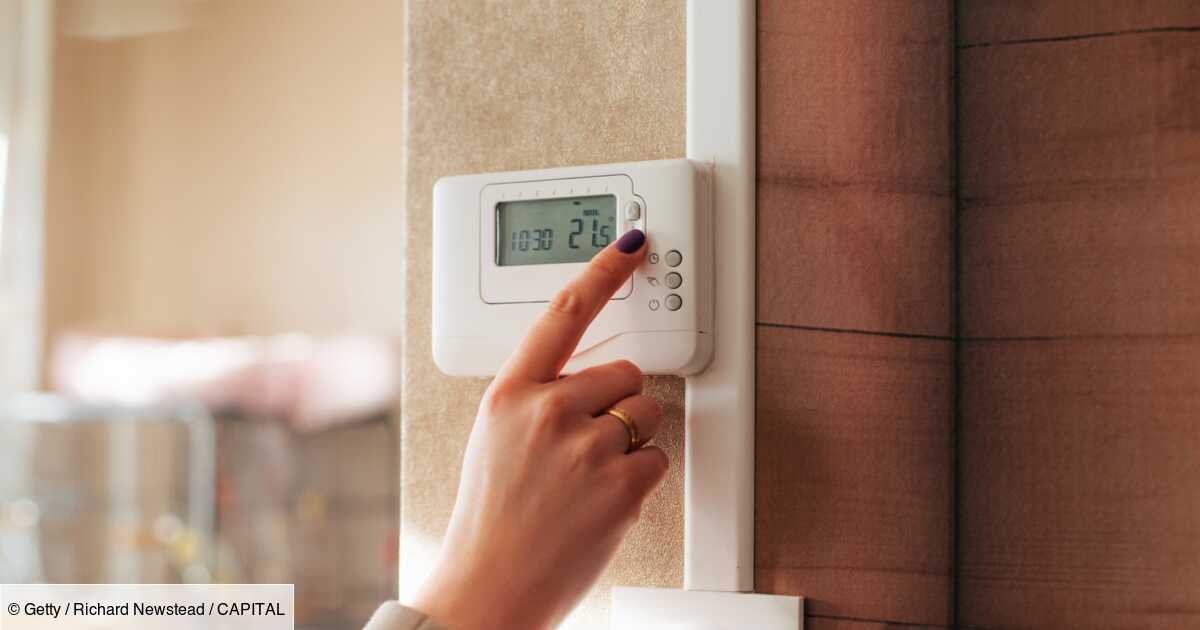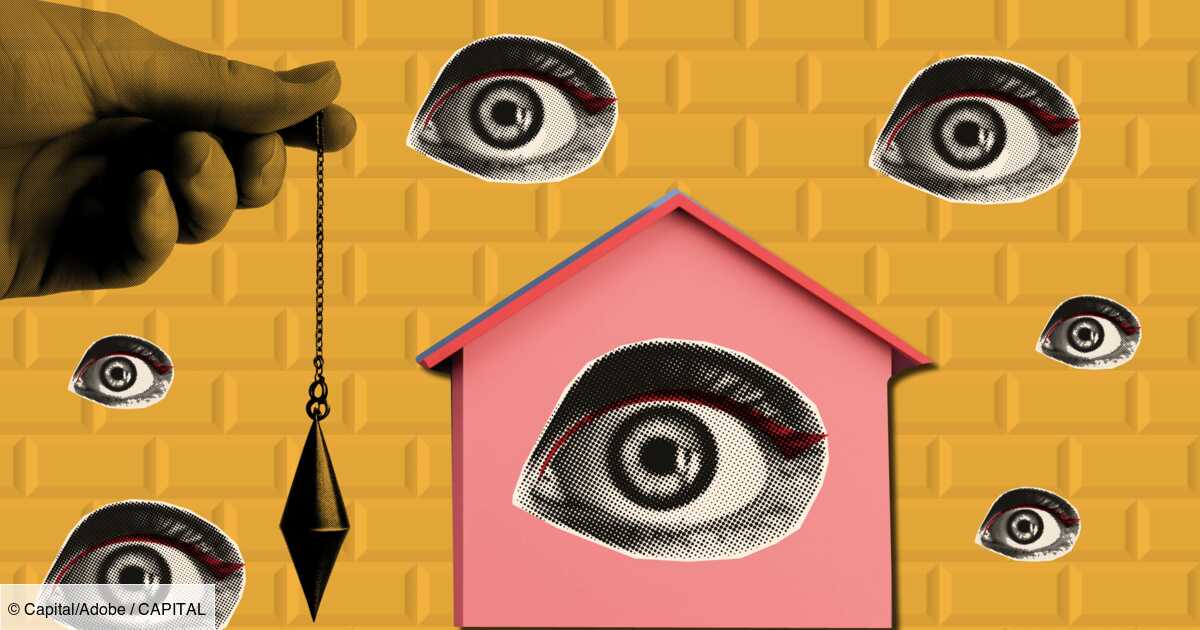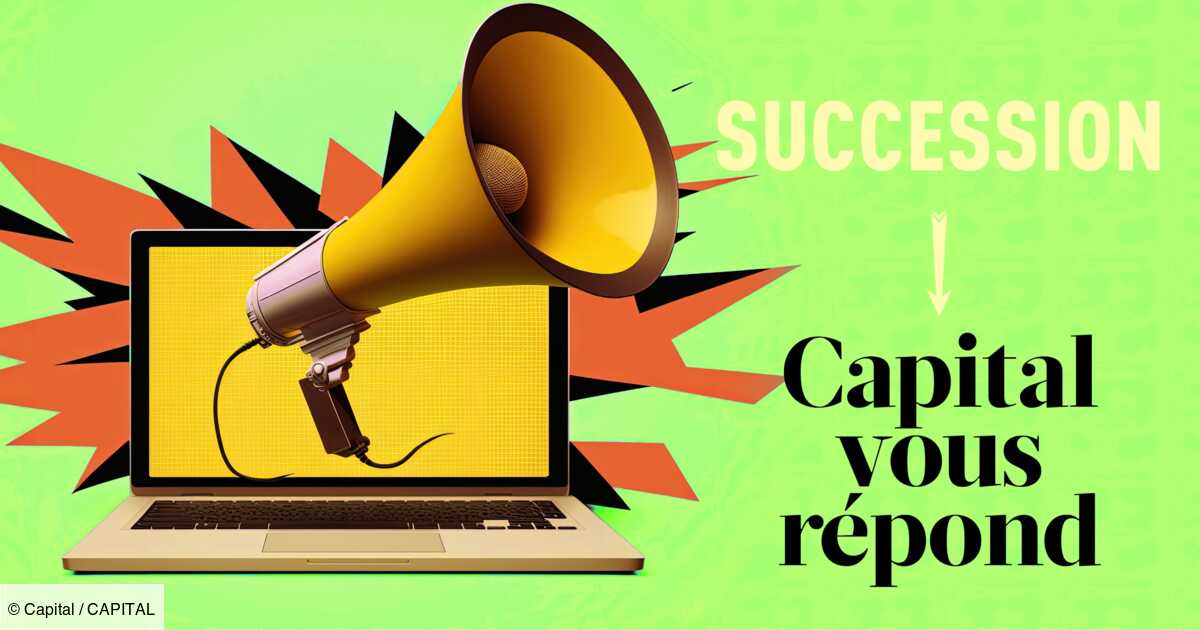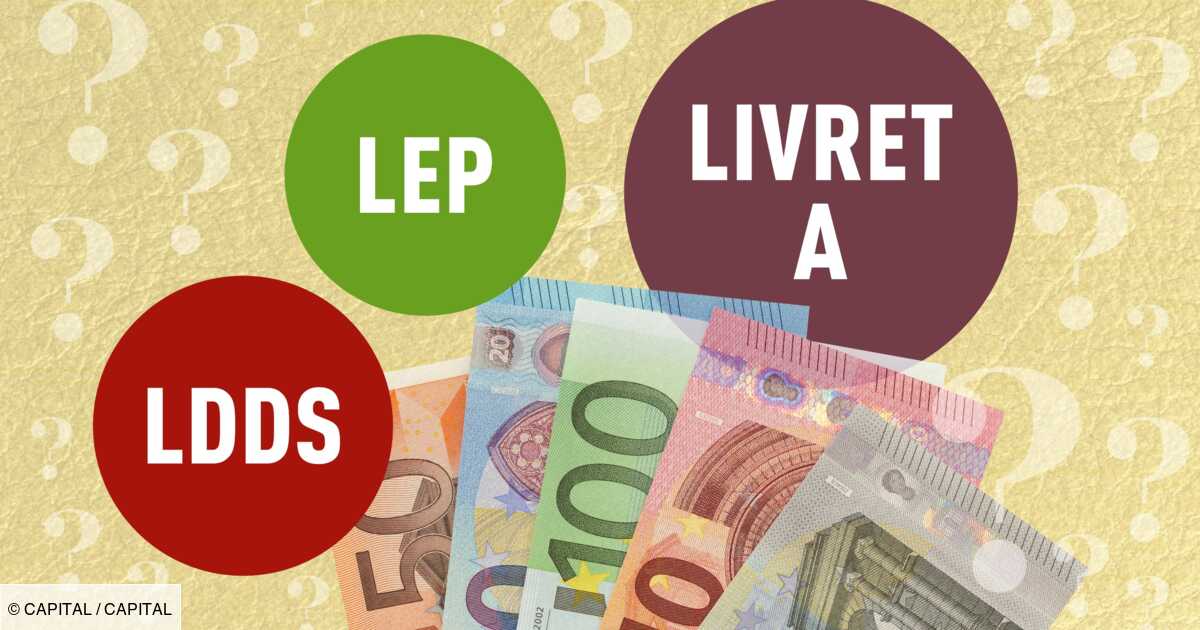
Reading time:
2 min
The start of the school year is being prepared with inflation falling below the 2% mark, a first since 2021. This is good news for households, as their savings products will earn them more.
© CAPITAL
– What investment gives you more return than inflation?
Very good news for household purchasing power this fall. According to the provisional results communicated by INSEE this Friday, August 30, inflation only increased by 1.9% over one year this month, after +2.3% in July. In other words, the rise in prices (food, energy, services, etc.) is continuing to decline, by for the first time in three years below the 2% mark. But this improvement will not only be seen at the checkout or on invoices.
For households that put money aside, the decline in price increases also means that their savings are paying them more. Indeed, when inflation is higher than the yield on a savings product, the yield on the latter is not enough to compensate for the increase in prices. This is why it is always interesting to calculate the real yield on an investment, i.e. net of inflation. But among the savings products preferred by the French, which one is the most profitable according to this calculation?
Popular savings account: a net return of 2.1%
This back-to-school season, it is the Livret d’épargne populaire (LEP), reserved for the most modest households, which displays the best real remuneration. For households who are entitled to it, and have a little savings to grow, it is the LEP which presents the best profitability. Despite an interest rate that has fallen from 5% to 4% since August 1, the net yield of inflation (and tax) of the latter currently amounts to 2.1%. For savers who can reach the ceiling of 10,000 euros of this booklet, this means that they can hope for 17.5 euros of interest over a month.
ECB rates: open your savings accounts and term accounts quickly before yields fall
Livret A and LDDS: a real interest rate of 1.1%
The freezing of the Livret A and the Livret de développement durable et solidaire (LDDS) rate at 3% for the whole of 2024 – and until February 1, 2025 – has ended up working to the advantage of savers. With this fixed rate and inflation that has decreased throughout the year, these two booklets are bringing in more to their holders month after month. At the start of the school year, they are thus showing a net inflation rate of 1.1%. A windfall that will especially benefit holders of a Livret A with a ceiling of 22,950 euros, which will earn them 21 euros of net interest over a month. At the level of the average outstanding amount (7,000 euros), the remuneration does not, however, exceed 6.40 euros.
PEL and CEL: two solutions that yield less than inflation
Among the regulated savings products, it is also worth mentioning the housing savings plan (PEL) and housing savings account (CEL), both designed to facilitate access to property. Be careful, however, because unlike the Livret A, the LDDS and the LEP, the latter two are now subject to the single flat-rate deduction (PFU, or flat-tax) of 30%. Thus, net of tax, the 2.25% return displayed by a PEL opened this year actually falls to 1.58%, and for the CEL, from 2% to and 1.4%. If we also subtract inflation, the real return on these two investments is ultimately negative: -0.32% for the PEL, and -0.5% for the CEL. In view of the increase in prices, these two products therefore cause their holders to lose money.
Life insurance in euro funds: slightly positive profitability
Finally, let’s focus on another secure investment popular with households: life insurance in euro funds, i.e. with guaranteed capital. For this year, the return on risk-free funds is expected to fall slightly compared to 2023, to 2.5%. But here too, we must not forget taxation, which varies according to the age of the contracts. For contracts of more than 8 years, it is therefore necessary to withdraw at least 17.2% in social security contributions, which results in an average return net of tax of 2.1%, and a real return of 0.2% Currently.
Real estate: what if rental investment was ultimately a bad deal?
Capital answers you
Do you have a question about your life insurance contract, your savings accounts, your real estate investments? Ask our expert who will answer you: [email protected]
Receive our latest news
Every week, the key articles to accompany your personal finance.






